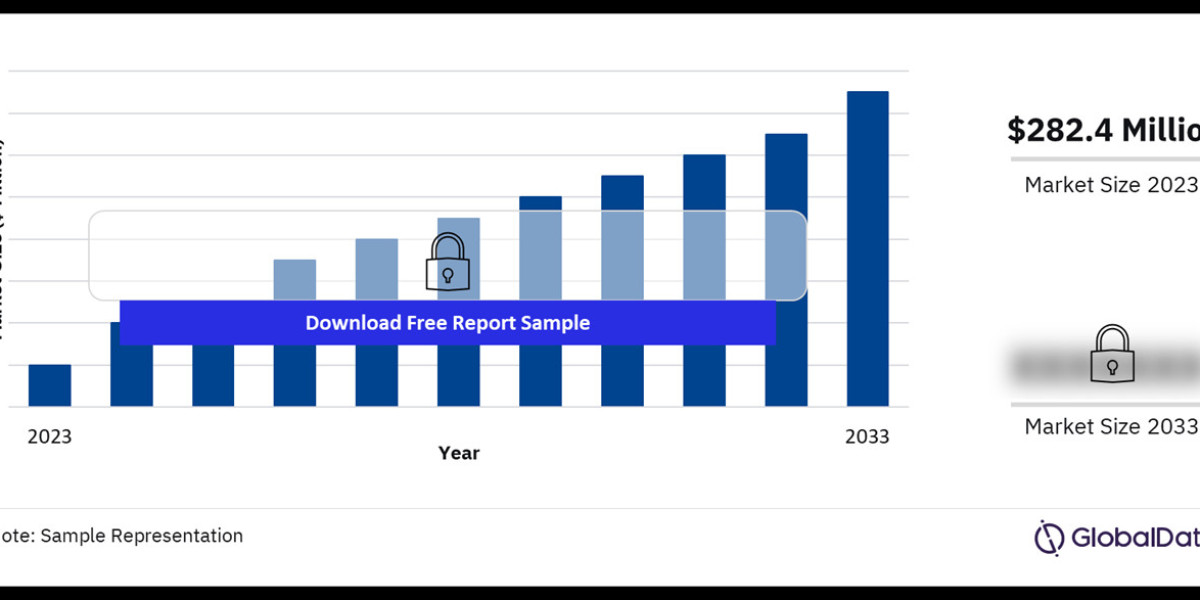The landscape of social media is rapidly evolving, and so are the legal challenges that brands face in this digital age. As we navigate through 2024, several high-profile lawsuits have emerged, highlighting the critical need for brands to understand social media lawsuit prevention strategies. This blog delves into the key takeaways from the top social media lawsuits of 2024, offering insights that can help brands mitigate risks and navigate the complexities of social media marketing.
Overview of Social Media Lawsuit Trends
In recent months, a surge in lawsuits targeting major social media platforms has dominated martech news. These lawsuits primarily focus on allegations that platforms like Facebook, Instagram, TikTok, and others have contributed to mental health crises among youth, leading to severe consequences, including self-harm and suicide. The legal landscape is increasingly complex, with claims ranging from product liability to negligence, as plaintiffs argue that these platforms are designed to be addictive without adequate warnings about their potential harms.
Key Lawsuits of 2024
- Social Media Addiction Lawsuit: This ongoing litigation has seen plaintiffs alleging that social media platforms are intentionally addictive, particularly among younger users. The lawsuits claim that these platforms have not only failed to protect minors but have also manipulated their algorithms to keep users engaged at the expense of their mental health. As of August 2024, over 557 actions are pending in a multidistrict litigation (MDL) regarding social media addiction, with new cases being filed weekly.
- TikTok Algorithm Lawsuit: A notable case involves the family of a teenager who tragically took his own life, claiming that TikTok's "For You" algorithm exposed him to harmful content that promoted self-harm. This lawsuit is part of a broader trend where families are holding social media companies accountable for the content their algorithms promote, arguing that these platforms are designed without regard for user safety.
- School District Involvement: In a significant development, over 140 school districts have joined lawsuits against social media companies, asserting that these platforms have exacerbated mental health issues among students. This collective action emphasizes the growing concern among educators and parents about the impact of social media on youth.
Implications for Brands
As these lawsuits unfold, brands must take proactive steps to ensure they are not inadvertently implicated in similar legal challenges. Here are some key strategies for social media lawsuit prevention:
1. Understanding Legal Responsibilities
Brands should familiarize themselves with the legal frameworks governing social media use, particularly regarding content shared by users. Understanding Section 230 of the Communications Decency Act, which provides some immunity to social media platforms, is crucial. However, brands must also recognize that this protection does not extend to all scenarios, especially where negligence or harmful practices are involved.
2. Implementing Ethical Marketing Practices
Brands must prioritize ethical marketing practices that safeguard user well-being. This includes avoiding manipulative tactics that exploit user vulnerabilities, particularly among younger audiences. Transparency in advertising and clear communication about the potential impacts of social media engagement can help build trust and mitigate legal risks.
3. Engaging in Responsible Content Moderation
Brands should advocate for responsible content moderation practices on the platforms they utilize. This includes actively monitoring user-generated content and reporting harmful behavior. By promoting a safe online environment, brands can contribute to broader efforts aimed at reducing the negative impacts of social media.
4. Educating Users and Stakeholders
Education is a powerful tool in social media lawsuit prevention. Brands can develop resources aimed at educating users about the potential risks associated with social media use. This could involve creating informative content that highlights healthy social media habits and encourages users to engage mindfully.
5. Staying Informed on Legal Developments
Given the rapidly changing legal landscape, brands should stay updated on ongoing lawsuits and emerging trends in social media litigation. Subscribing to tech publications and legal news outlets can provide valuable insights into how legal precedents are evolving and what strategies other brands are employing to navigate these challenges.
Conclusion
The rise of social media lawsuits in 2024 underscores the urgent need for brands to adopt proactive strategies for social media lawsuit prevention. By understanding the legal landscape, implementing ethical practices, and prioritizing user safety, brands can not only protect themselves from potential litigation but also contribute positively to the digital ecosystem. As the dialogue around social media and mental health continues, brands must remain vigilant and responsive to the needs of their audiences, ensuring that their marketing practices align with a commitment to safety and well-being.



